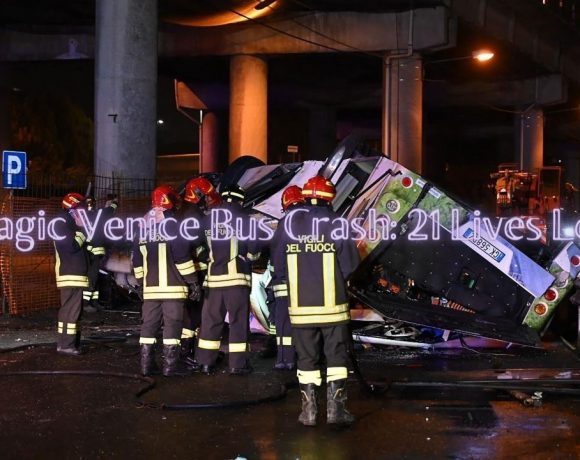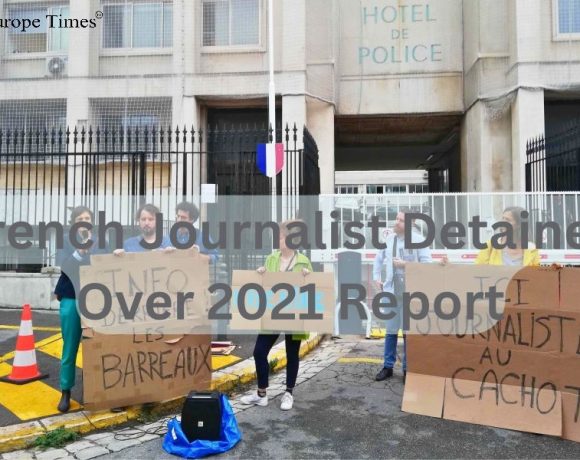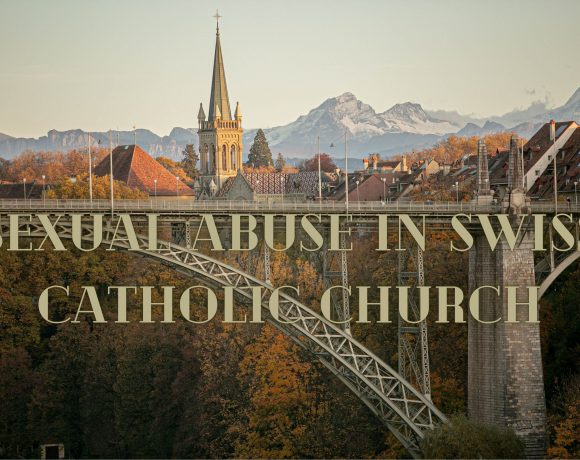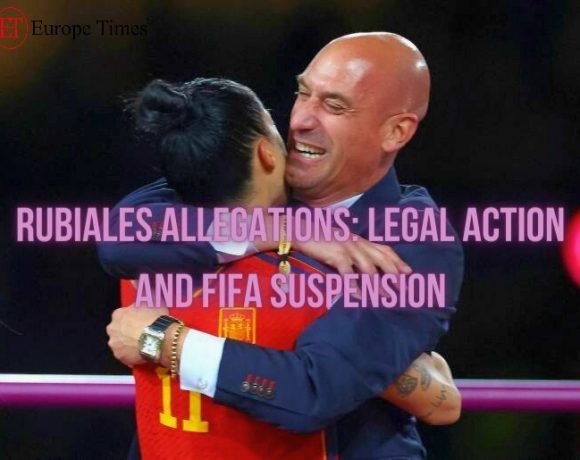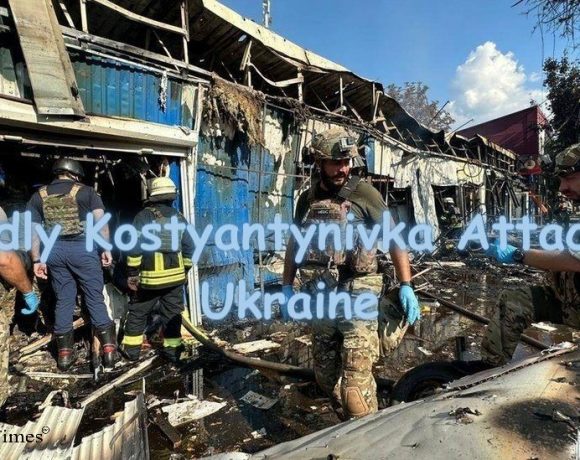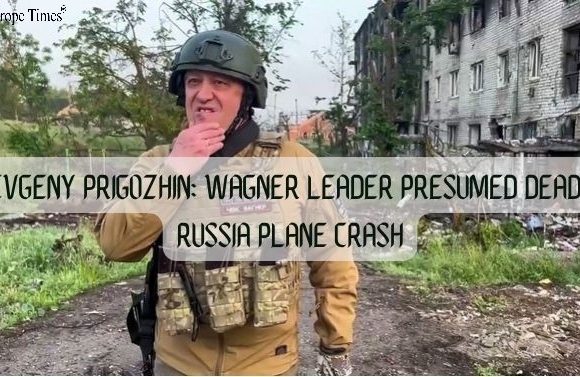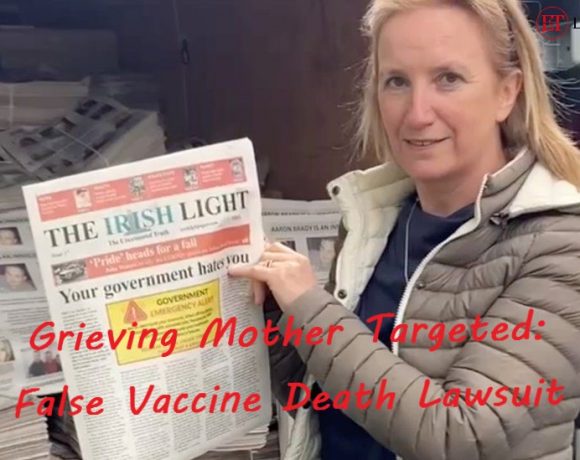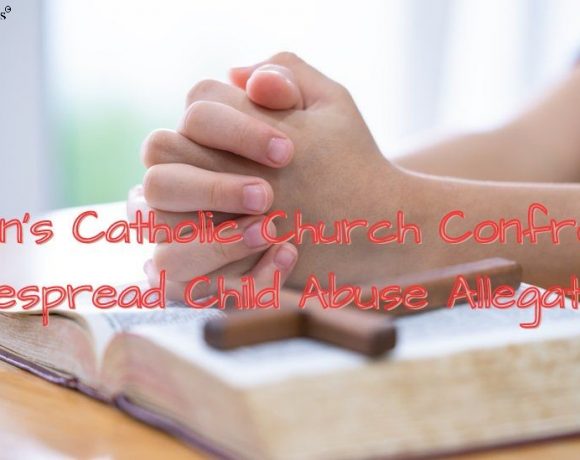
According to a recent report by Spain’s ombudsman, more than 200,000 children have reportedly suffered sexual abuse at the hands of Catholic clergy in Spain. The ombudsman, Angel Gabilondo, expressed deep concern over the “devastating impact” this has had on the victims. He criticized the Church for its silence and attempts to conceal or deny the abuse, emphasizing that this silence has facilitated such atrocities.
The comprehensive 700-page report, commissioned by Spain’s Congress last year, was based on a survey of 800,000 members of the public. The findings indicated that approximately 0.6% of the adult population, roughly 39 million people, reported experiencing sexual abuse as children by clergy members. When allegations of abuse by lay individuals in Church-run institutions were included, this percentage rose to 1.13%, accounting for over 400,000 people.
Mr. Gabilondo urged caution in interpreting these numbers and highlighted the emotional toll detailed in the statements of more than 487 abuse survivors. The report called for urgent action to address the suffering that has long been concealed by a pervasive culture of silence.
In response to these findings, the ombudsman proposed the establishment of a state-funded compensation program for victims of abuse. The investigation was initiated following an earlier inquiry by the El Pais newspaper in 2018, which had already cataloged over 1,000 alleged cases of abuse. Although the Church partially cooperated with the commission, Mr. Gabilondo noted their lack of active engagement and the resistance of certain bishops in collaborating with the inquiry.
Spanish Prime Minister Pedro Sanchez hailed the report as a “milestone” in the nation’s democracy, stressing that it has brought to light a reality that had long been known but not openly discussed.
Picture Courtesy: Google/images are subject to copyright


